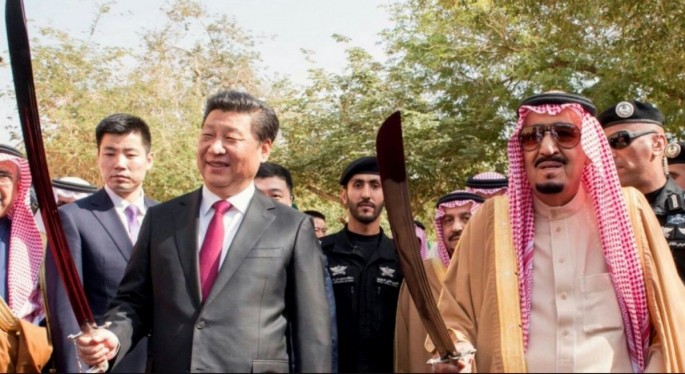The Spring Festival was celebrated in the Middle East in great flair. This was unlike the previous years when the Chinese New Year was not even noticed in the Arab sub-continent.
Kyle Haddad-Fonda, an expert on Oriental studies from the University of Oxford, noticed that the Spring Festival was extra festive this year. He also cited that various efforts are done to boost the China-Middle East foreign policy.
He said that there was a huge celebration in al-Azhar Park, Cairo's largest public green space. The park was filled with lanterns and people who enjoyed paper-cutting and martial arts performances.
The event was attended by Egyptian high-profile personalities who wore red scarves. Chinese Ambassador Song Aiguo commended the success of the event.
There was also a large celebration in Abu Dhabi's Ferrari World Theme Park. Nearby malls were also themed for the Chinese New Year celebrations.
A dragon dance was performed at the Abu Dhabi International Airport.
The latest craze for the biggest Chinese holiday is an indication of an increased interest in a deeper relation with China. There has been an influx of tourists from China to the oil capital in 2017.
According to a report nu the Chinese Tourism Authority, Egypt is one of the favorite destinations for Chinese travelers.
Even in media, Quest Arabiya, an Arabic affiliate of the Discovery Channel, is producing a series on Chinese history and culture. The series hopes to let Arab viewers understand the otherwise unknown Chinese heritage.
Haddad-Fonda wrote, "One might interpret Beijing's patronage of Chinese New Year festivities in the Middle East as part of a larger strategy to depict China as a cultural leader, if not a political one."
He added, "The holiday offered the Chinese media an opportunity to prove that the 'Chinese voice' is resonating in the Arab world. This phrase, invoked in January by Chinese President Xi Jinping at the World Economic Forum in Davos, signifies China's potential for global leadership in an era of nationalist retrenchment."
President Xi Jinping visited a few Middle Eastern countries and is pushing for a deeper relationship because of the One Belt, One Road initiative.
The Middle East serves as a crucial geographical link between China and Europe.



























